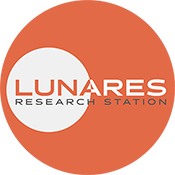Lunar-Teams Project
1 -month mission at LunAres Research Station
Preflight dates (4-5 days)
26.08.2024 – 30.08.2024
Mission dates (28 days)
31.08.2024 – 27.09.2024
Postflight dates (1-2 days)
28.09.2024 – 29.09.2024
Crew size
6 crew members
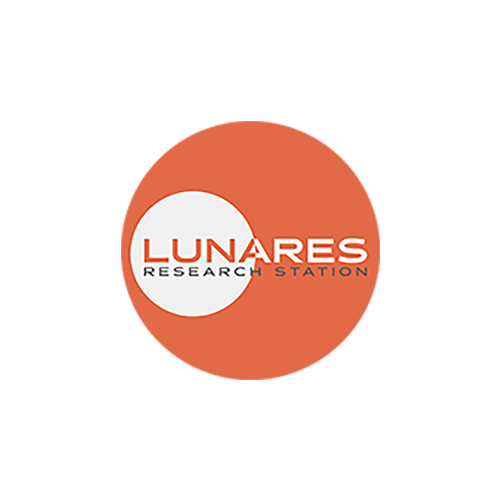
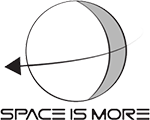
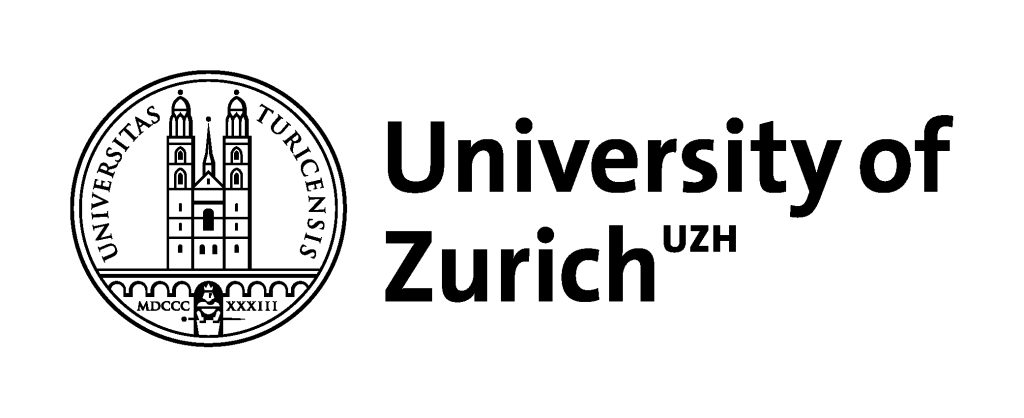
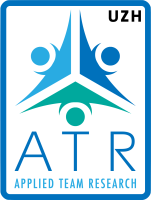
In collaboration with the University of Zurich – Applied Team Research, Department of Psychology, LunAres Research Station is organising a 1-month long analog mission. The project is open for candidates’ applications and research proposal submissions. The mission’s primary goal is to realise the extended simulation, focusing on human factors, psychology, and medicine. To learn more about the project, please read the Lunar-Teams Project Announcement document.
Project funded by the University of Zurich.
PROJECT GOALS
- Address the critical psychological and psychosocial challenges faced by crew members during extended spaceflights, such as isolation, confinement, disrupted sleep, monotony, and forced interpersonal relationships, and how these impact their well-being and mission success.
- Examine the longitudinal effects of prolonged space missions on human behaviour and group cohesion, especially for missions extending up to one month, such as those on the International Space Station or future Lunar Gateway visits.
Develop predictive models to understand and anticipate the social networks and individual well-being within astronaut teams, which are crucial for successful long- and medium-duration space exploration missions.
- Examine how individual well-being affects team contributions and how team members’ engagement or disengagement under stress can impact overall team resilience and mission success.
